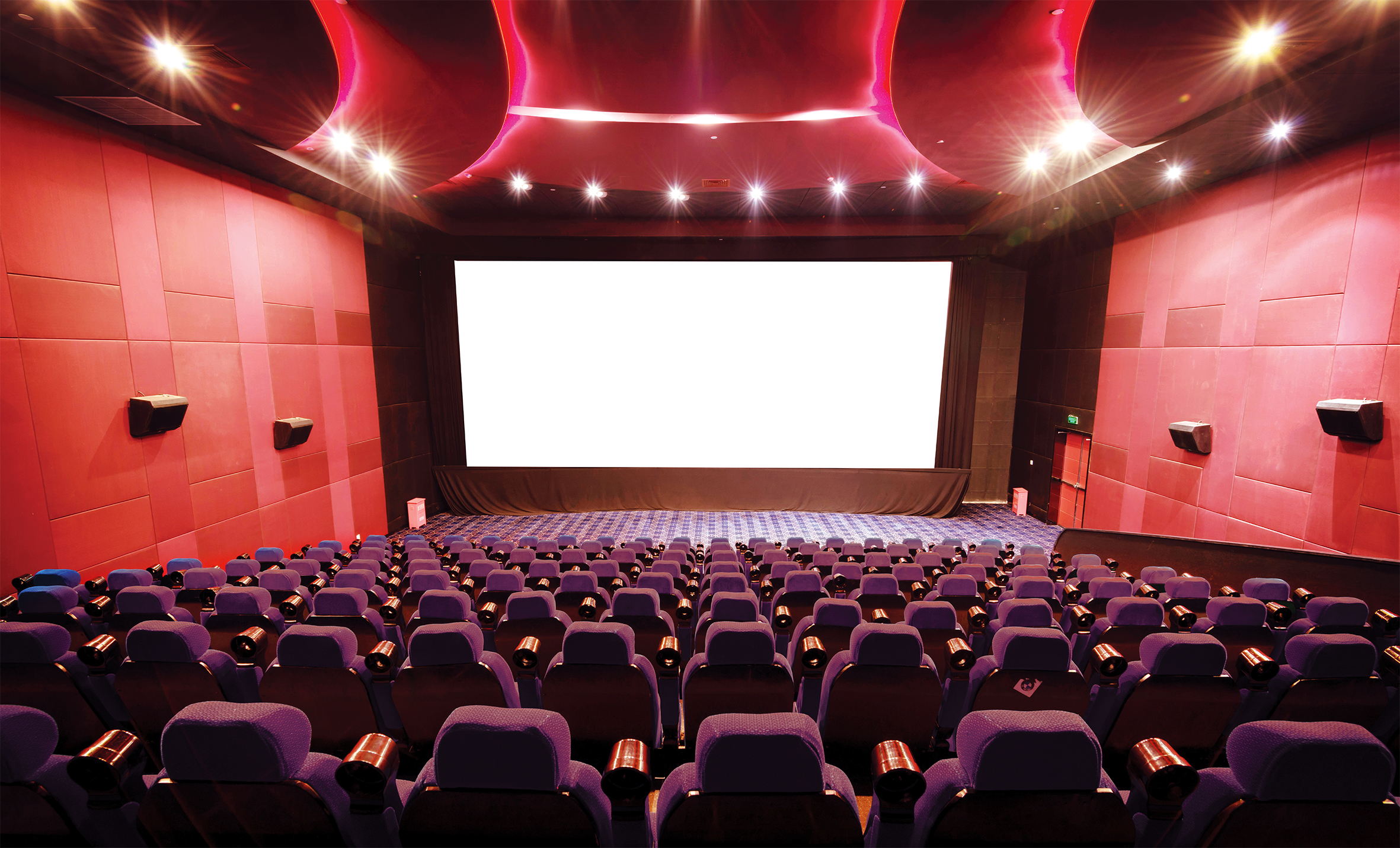Hong Kong cinemas have evolved in the past half-century, in keeping with changing trends in the local film industry and socio-cultural shifts.
12 August 2021
In any large community, people can always find some form of entertainment. In Hong Kong, film screenings began early in the 1900s, and by the 1960s and ’70s the number of theatres had grown to over 100*. Golden Valley in Sau Mau Ping was one of the largest cinemas, and its opening in 1978 was graced by a star-studded line-up including Jason Pai Piao, Helen Poon, Ai Fei, Liu Suk Yee, and Fanny Wang.
Kwan Tat Kuen, Norman, a local resident who grew up in Sau Mau Ping, says that visiting Golden Valley was what he most looked forward to as a child. Cinemas in the 1970s, he recalls, were as bustling as a market.
“Outside, hawkers sold sugar cane, fish balls, and roasted chestnuts. I used to get an entire sugar cane stalk for the film,” he remembers. He has vivid memories of the movie nights but not of the films themselves. “I didn’t understand films as a kid,” he chuckles. “Eating and playing there was more fun.”
Large theatres like Golden Valley were mostly single-block buildings that could accommodate more than 1,000 people. Seats were divided into stalls (front, middle and back), and a dress circle with ticket prices ranging from HK$10 to HK$20. “We went to the movies every few months, when we had managed to save enough money,” recalls Kwan, who describes theatre-going for a family of six as a luxury and Golden Valley as a sumptuous landmark. “Walk up the stairs and there’s a chandelier. It was uniquely stunning in the entire Sau Mau Ping and Kwun Tong areas.”
Kwan Tat Kuen, Norman, a local resident who grew up in Sau Mau Ping, says that visiting Golden Valley was what he most looked forward to as a child. Cinemas in the 1970s, he recalls, were as bustling as a market.
“Outside, hawkers sold sugar cane, fish balls, and roasted chestnuts. I used to get an entire sugar cane stalk for the film,” he remembers. He has vivid memories of the movie nights but not of the films themselves. “I didn’t understand films as a kid,” he chuckles. “Eating and playing there was more fun.”
Large theatres like Golden Valley were mostly single-block buildings that could accommodate more than 1,000 people. Seats were divided into stalls (front, middle and back), and a dress circle with ticket prices ranging from HK$10 to HK$20. “We went to the movies every few months, when we had managed to save enough money,” recalls Kwan, who describes theatre-going for a family of six as a luxury and Golden Valley as a sumptuous landmark. “Walk up the stairs and there’s a chandelier. It was uniquely stunning in the entire Sau Mau Ping and Kwun Tong areas.”
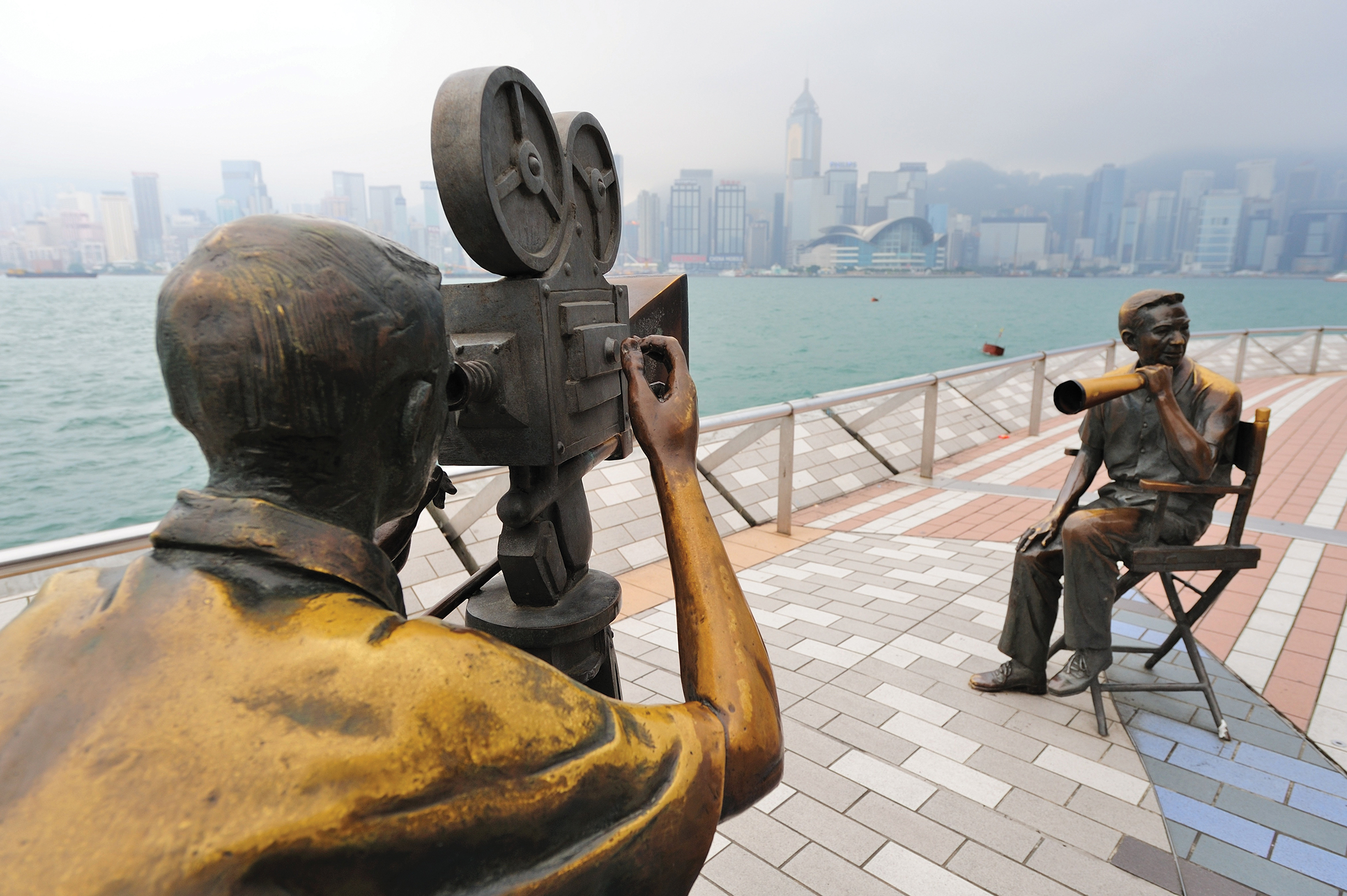
Transformation of cinema halls
The rise of multiplexes introduced the winds of change for local cinemas in the ’80s. “Young people seek diversity,” observes Priscilla Chan, Assistant Curator of the Hong Kong Film Archive. “Large older theatres seated many, a thousand at least, but only ran one film. In the multiplexes the space was divided into multiple theatres, so business risk was reduced with a variety of choices given to the audience.”
According to the Hong Kong Theatres Association, there were nearly 200 cinemas in Hong Kong in 1993, and most old-style theatres had been replaced by multiplexes. Golden Valley, greatly affected by the Sau Mau Ping Estate redevelopment, closed its doors in 1992.
Chan says the film-viewing experience is a reflection of culture: “It became a ritual to go to the movies. You had to queue to get tickets in advance and you would dress the whole family up. Now, going to the movies is a casual occasion where it’s common to wear flip-flops. A testament to cultural change.”
Old-style theatres have been forced to transform in the face of development. Golden Valley, vacant for nearly three decades, will be redeveloped by Chinachem Group into a Movie Arts Centre to support the Hong Kong film industry. It will also become a meeting place for local residents, breathing new life into the neighbourhood.
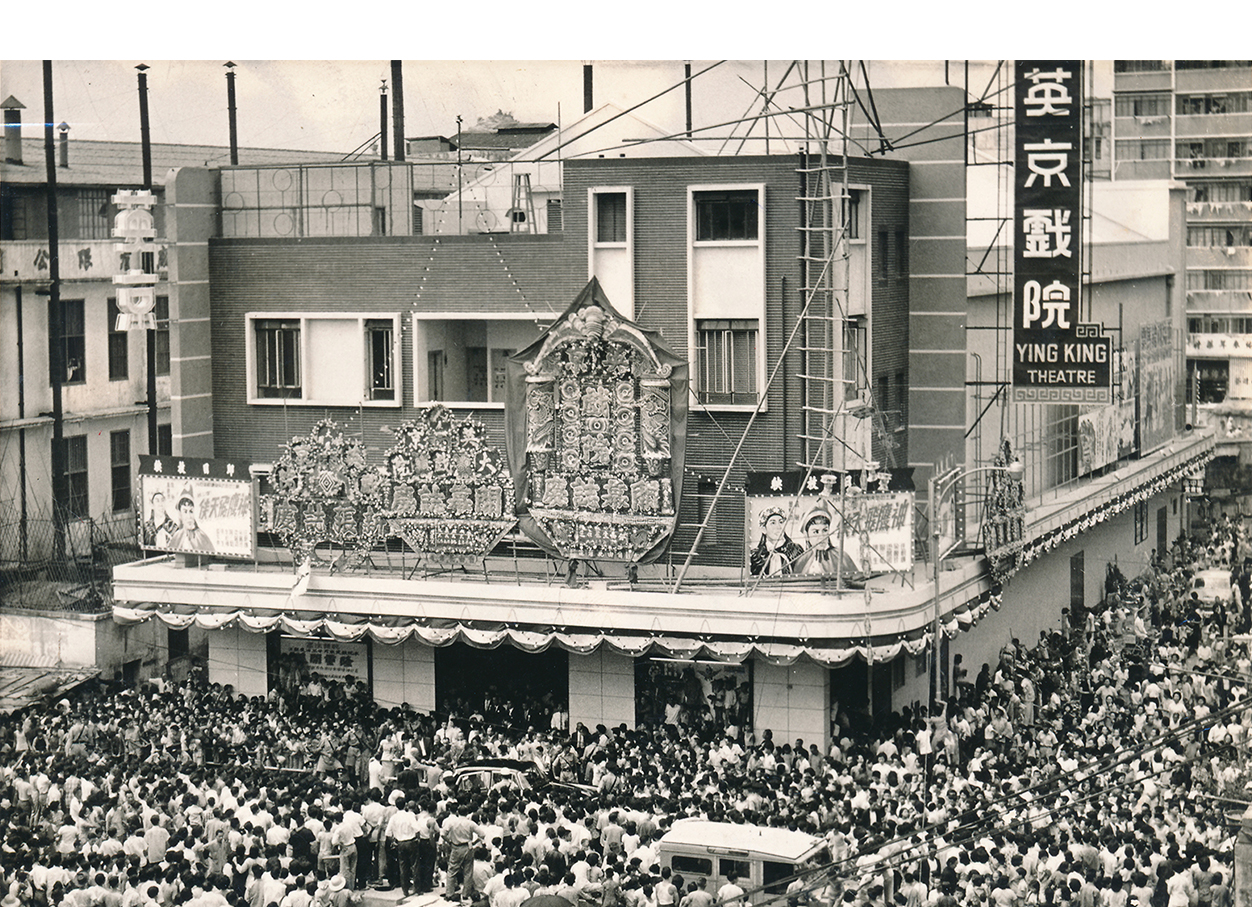
Large theatres were bustling with life in the 1960s and 70s
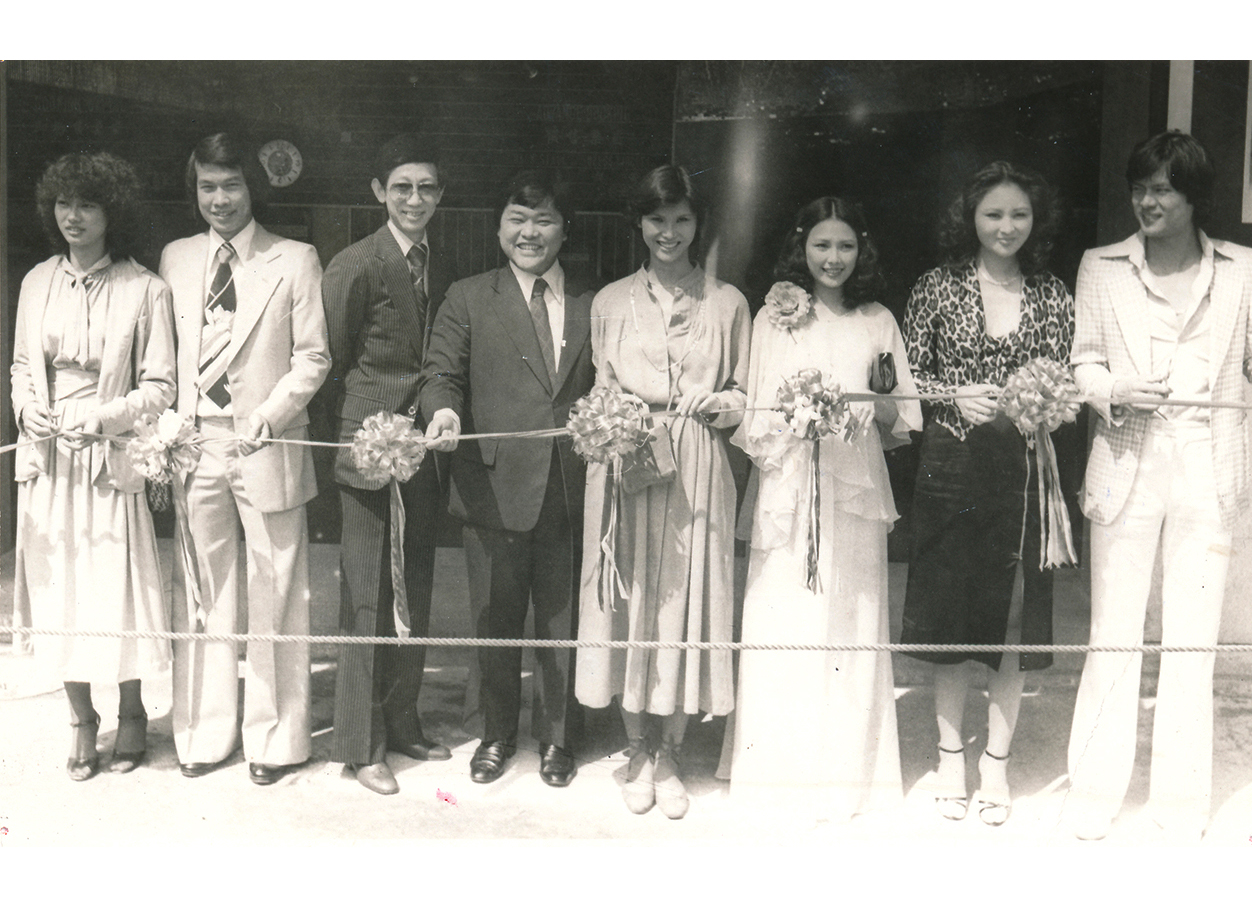
A star-studded line-up graced the opening of Golden Valley
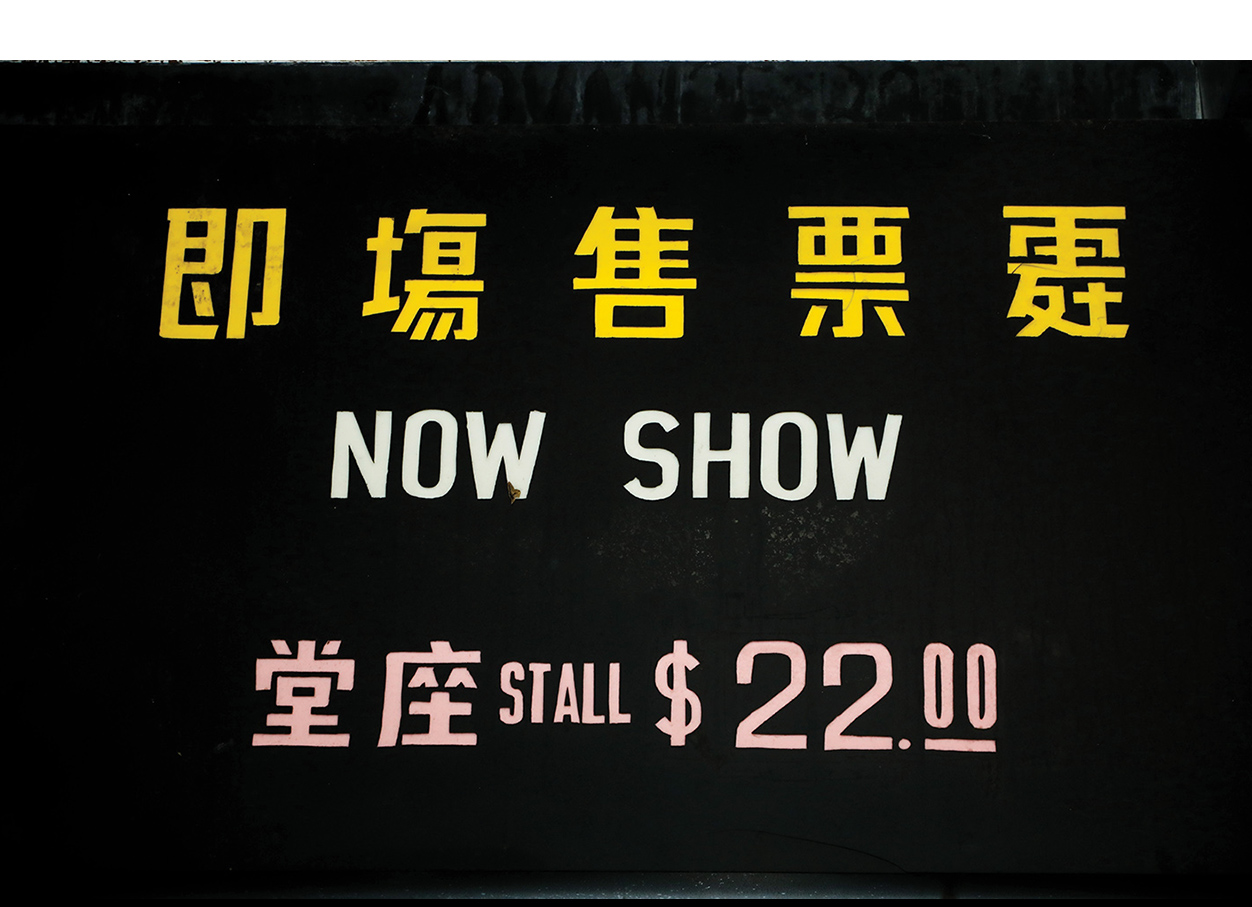
A sign at Golden Valley showing the ticket price
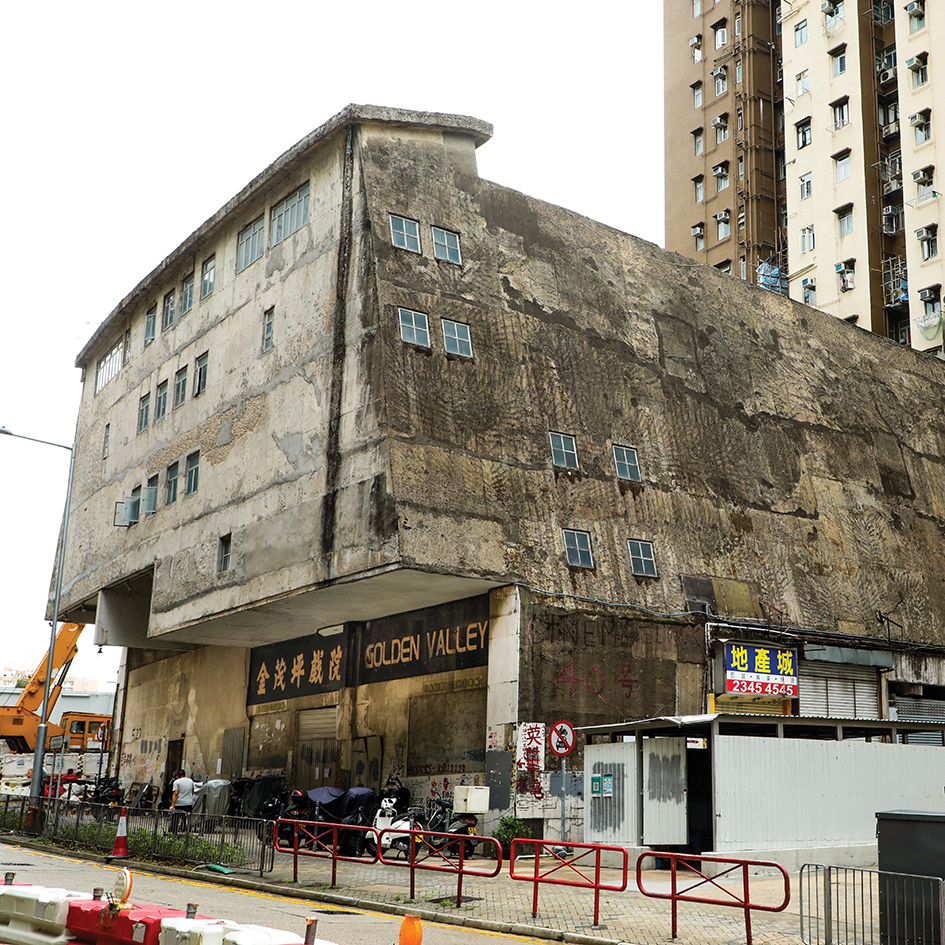
Golden Valley will be redeveloped into a Movie Arts Centre
-
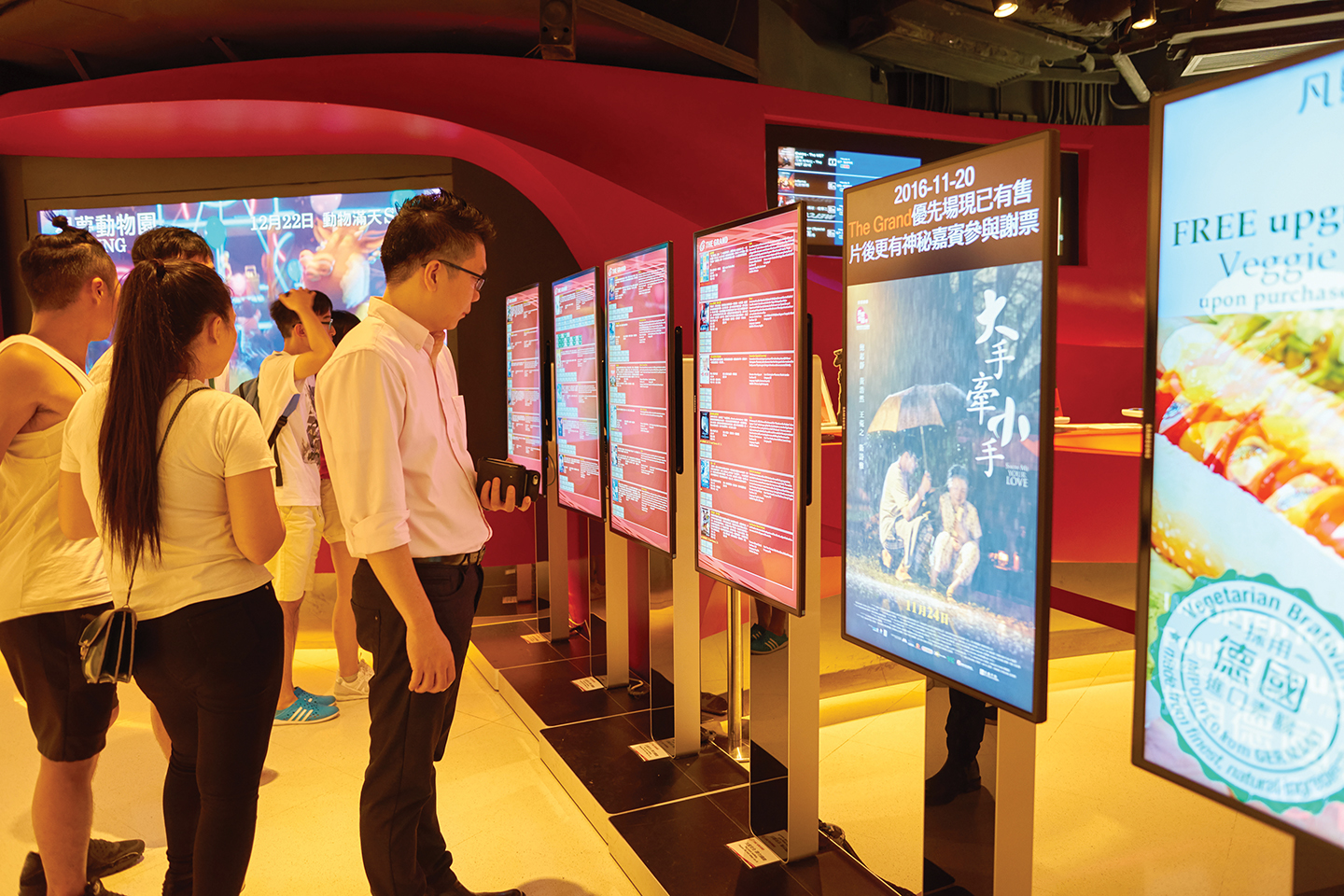
Golden Valley will be redeveloped into a Movie Arts Centre
-
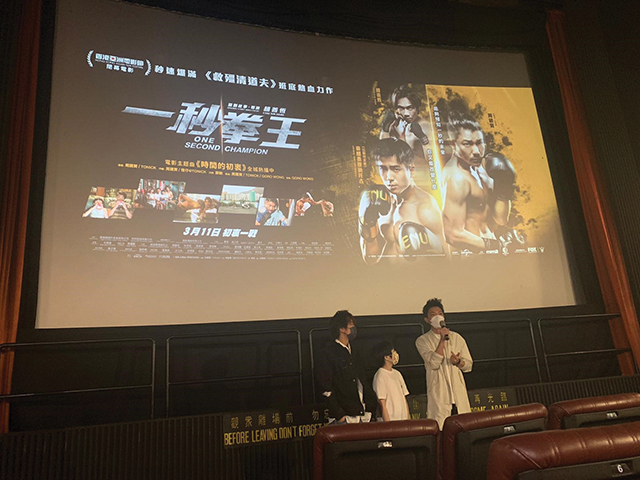
One Second Champion had its movie meet-and-greet at Paris London New York Milano Cinema in Tuen Mun Below: A modern cinema hall
